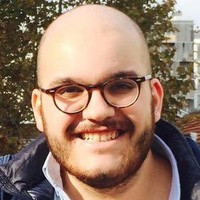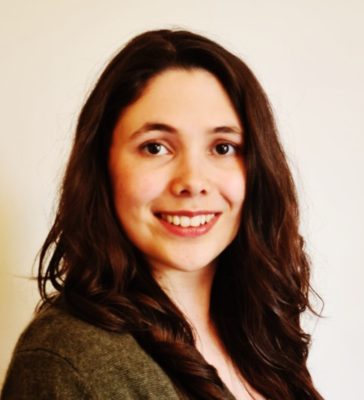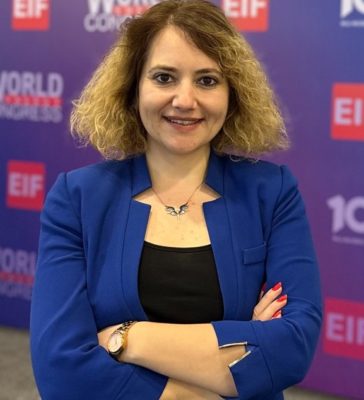
Tomas Plaza Reneses
Current Employer/Organisation Name
The World Bank
What have you been doing since leaving Exeter, and what are you doing now?
After leaving Exeter I completed a MSc in Population and Development at the London School of Economics. During my postgraduate degree I focused on issues such as housing, migration and health. After graduation I worked at the Organization of Economic Co-operation and Development (OECD) for one year as a Health Policy Consultant. I mostly contributed to work on Latin American countries (particularly Peru and Costa Rica) related to health systems and policy. I left the OECD for a fellowship program in the United States, Global Health Corps (GHC). As a GHC fellow, I worked at the Inter-American Development Bank (IDB) in Washington DC as a Social Protection and Health Consultant. I worked on Latin American health policy focusing on a regional study on health systems efficiency and institutions, as well as some work on specific countries such as Uruguay and Barbados. I also did some work on the economic impact of ageing. After IDB, I joined the World Bank which is where I currently work. At the moment, I am coordinating a regional publication on health systems status and their progress towards Universal Health Coverage and the Sustainable Development Goals. I am also part of the team preparing and executing the Bank’s health projects in Honduras and El Salvador.
Why did you choose this career? And what do you enjoy most about your work?
I studied International Relations at Exeter, with the idea of going into either diplomacy or international development. By my final year, I decided international development would be more rewarding and a good way to develop a wider variety of knowledge and skills. I have been fortunate in the fact that so far I have been able to work on the type of projects and environments that I always hoped for. In particular, I love feeling that my job has a real impact on people’s lives, and that it is guided not by economic profit or chance, but by the needs of those that we benefit. I also enjoy the mix between technical and practical know-how that is required on a daily basis. For example, we regularly hold meetings with government officials to decide on technical project details, but these are always influenced by the reality of the institutions we work with. I enjoy the game of compromise that this entails. It is fundamental to keep an open mind and to always be willing to learn and re-evaluate one’s perspective.
What did you enjoy most about your programme and what was the biggest highlight?
My programme included a year of study abroad that I spent in Aix-en-Provence, France. This was an outstanding opportunity to experience student life in a different country, study new subjects and make friends that I still keep in close contact with. In Exeter, I enjoyed classes with innovative teaching methods or exercises, such as a very detailed simulation of Arab-Israeli peace talks that was organized as part of course on this topic. Finally, I felt fortunate that my programme allowed for a huge variety of modules to choose from, which allowed me to explore interesting courses such as Political Philosophy, American Politics and History of the Middle East.
What did you enjoy most about studying here?
It is hard to pinpoint exact elements, but I deeply enjoyed the campus with its availability of green spaces and study areas (the top floor of Laver and the Institute of Arab and Islamic Studies were my two favourites). I also enjoyed the student community and all the friends I made.
Why did you choose to study at Exeter?
Coming from Madrid, Spain, where I grew up and attended school, I chose Exeter due to the size of the city, that I always felt was perfect for students, and for the high quality of the courses offered.
What skills and experiences have been most useful for your career?
I would say that an important skill is to remain flexible but also to ensure a certain consistency in your work and in your interests. In today’s work environments, employers look for people that are open to do a variety of tasks but that have specific expertise as well. The other important skill is to be able to network, both actively and passively. Having positive work connections is key to accessing opportunities and also enjoying the day to day routine more.
What advice would you give to a current student who wishes to pursue your career?
My advice would be to try to be broad at the undergraduate level, as it is better to develop a wider expertise on several subjects such as economics, politics, international relations, sociology and others. This way you can have a good base for further study in any specific area of international development. If you can, get some work experience before your master’s degree. It is not easy as most positions on this field will expect a master’s degree, but if you can manage it is invaluable as it will give you a better idea of which area you want to specialize on. Finally, I would say that is important to always continue learning, for example another language or improving you quantitative and qualitative skills. Having these skills will give you an edge against other candidates and will also make you feel more confident in your capacity.
What are your plans for the future?
I would like to continue working in international development while specializing in population health. I would like to go on to do a PhD on this subject.

